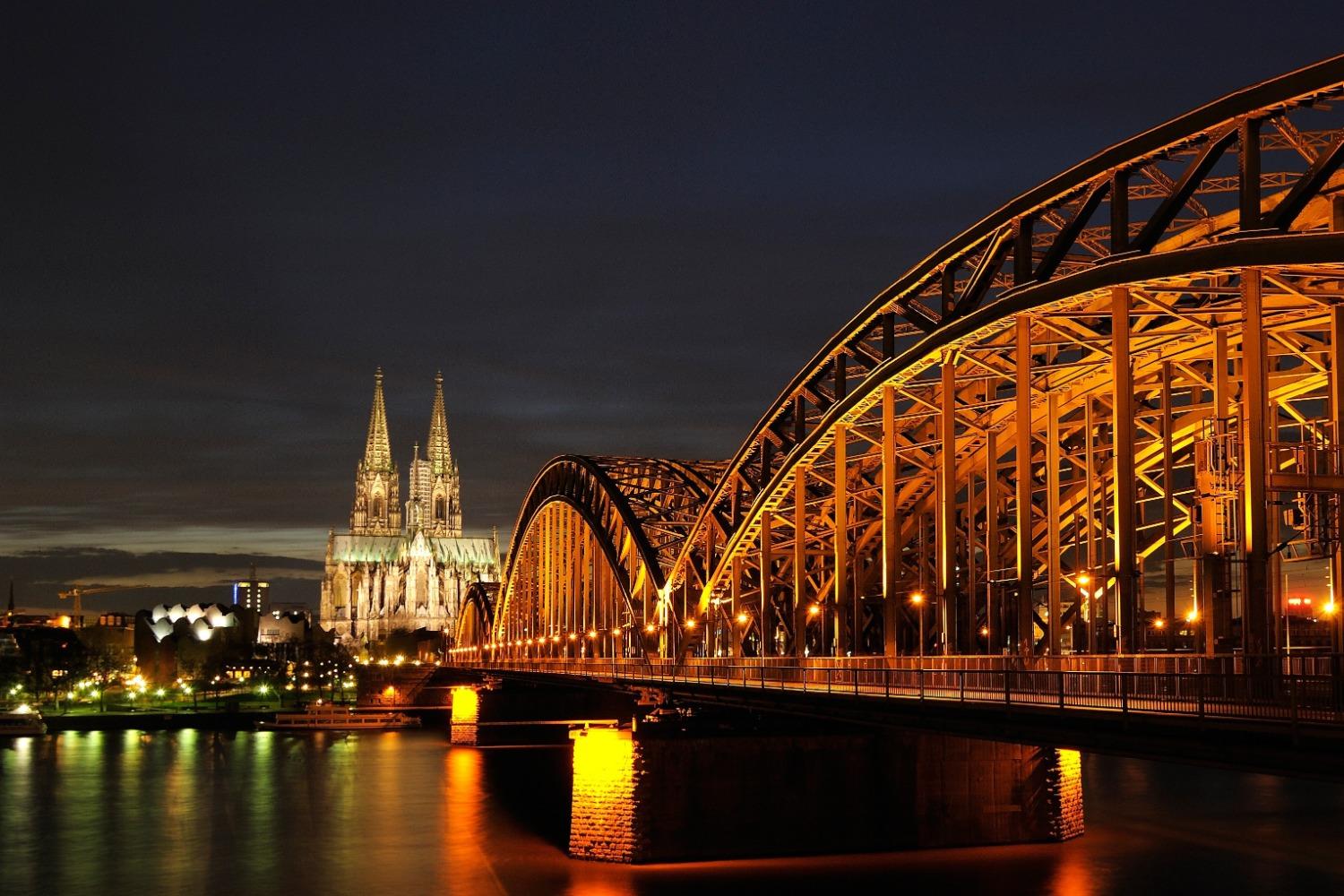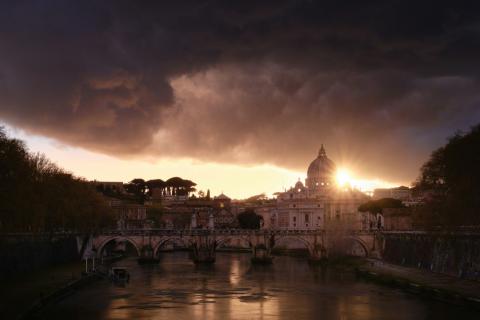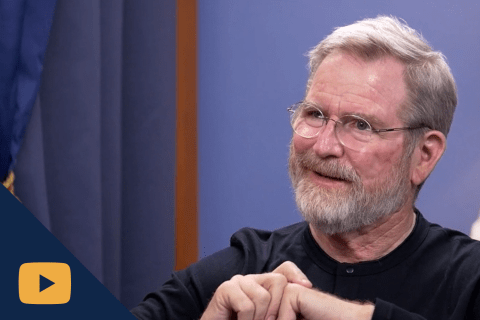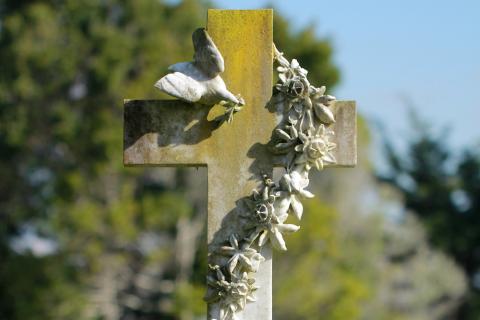
In recent years, Pope Francis has asked the Church to engage in a dialogue process known as synodality, in which the shepherds of the Church engage in more fruitful conversation with the laity about our future as the People of God. Discussions have unfolded within dioceses and across nations that are designed to provide greater feedback on the needs of Catholics and identify how the Holy Spirit is speaking through all of us. In recent days, the national meeting of the German Synodal Way concluded their assembly in Frankfurt, in which measures were approved that openly contradict the Church’s teachings and practices. For Catholics, the results are confusing and raise questions as to what it means to belong to the universal Church. At the same time, the results are not surprising given that certain bishops and synod delegates have openly championed positions that are contrary to Scripture and Tradition. Though synodality began as an opportunity to discern together the promptings of the Holy Spirit, the result has created division in what is authentically from God.
The measures adopted by the German synod include implementation texts that are to be used for the blessing of same-sex unions, the endorsement of lay preaching within Mass, a request for the Holy Father to “reexamine” the role of celibacy within the Church, new guiding principles on gender-diversity pastoral ministry, and a call for the ordination of women as deacons. The drive for such measures comes from a desire to align Church practices with the preferences of some contemporary Germans.
How are Catholics supposed to interpret these developments? How should one understand proposals from a group of bishops that seem contrary to well-established practices of the Church?
Whenever there appears to be contradictions in Catholic teachings, careful thought is needed. Catholics know that our customs are grounded in the Tradition given to us by the Apostles, and are maintained and taught by the authority of the pope in union with the bishops around the world. Any adjustment to basic teachings would require theological explanations that highlight how the proposals are congruent with the past practices of the Church and how they remain rooted within doctrines that have organically developed over time. Yet as of now, the German Church has not provided such sufficient explanations. Their proposals are not grounded in our common Catholic understanding of the nature of man, of marriage, of the clerical state, or of the sacred liturgy. Instead, they present a rupture from traditional practices, in favor of what seems more sensitive to the norms of secular society or more politically advantageous.
The Catechism of the Catholic Church describes marriage as a covenant entered into by a man and a woman, which Christ raises to the dignity of a sacrament. The Code of Canon Law clearly states that baptized males validly receive ordination. It also states that the preaching of a homily within the liturgy is reserved to a bishop, priest, or deacon. How such basic teachings of the Church can be ignored by a national assembly has not been explained by German officials.
Even without sound theological reasonings being offered for these new proposals, one can wonder about the credibility of the voices calling for change. Dwindling Mass attendance among Catholics and declining numbers of religious vocations do not give the Germans a robust presence within the larger scope of Christianity. One can question what fruit has been born by this diminished Church that would make the rest of the world want to follow its example. One can also inquire about the fruit that has been produced by the Protestant communities who have adopted similar positions, in a desire to appear more contemporary and relevant. Where fruit can be consistently seen is when the Church remains rooted in Apostolic Tradition, even when it seems unpopular or difficult. Overturning the truths of the Faith that countless martyrs and saints have sacrificed to maintain does not honor their legacy nor sustain what Christ has entrusted to His Church.
In the coming months, Catholics will speculate on how the German Synodal Way will align itself with the rest of the universal Church and how the Vatican will respond. It is not clear if all of the German bishops and delegates want to remain part of a Church, which in their eyes, seems outdated. It is also not clear how the Germans will continue to profess the Creed at Sunday Mass, in which they proclaim to belong to the “one, holy, catholic, and apostolic Church,” given that their proposals separate rather than unite their flocks to the rest of Catholic believers.
At the same time, is also not clear if faithful bishops, priests, religious, and laity of Germany will provide a resurgence of faith that renews the Apostolic roots of their Christian identity and ushers in a more vibrant expression of Catholicism.
In the meantime, we have the opportunity to pray for greater unity within the Church. We are also are given the chance to deepen our knowledge of Christian anthropology, liturgical practices, and the clerical state. For the current challenges to the unity of our beliefs should prompt us to more fully embrace the truths given to us by Christ through his universal Church.


